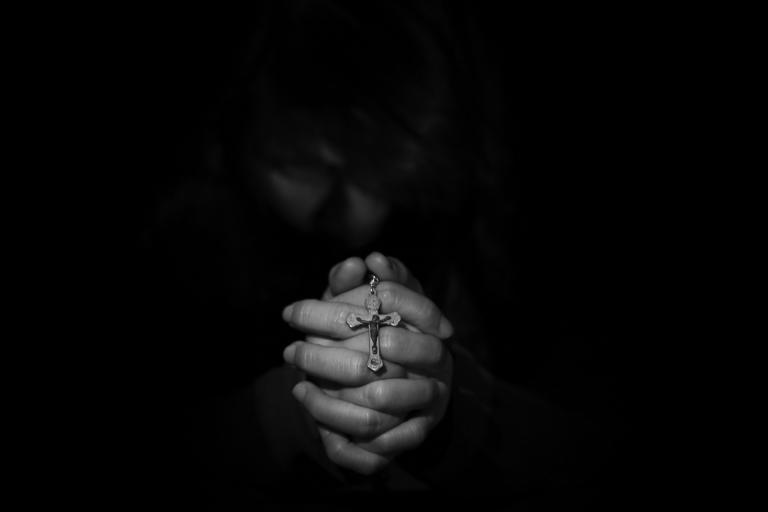It’s every parent’s worst nightmare. It’s every church leader’s worst nightmare. So if you are both a parent and a church leader, like I am, you are literally sick over this: the revelation that hundreds of priests in Pennsylvania sexually abused more than 1,000 children over the span of several decades.
More than one thousand. I have to spell that out and say it out loud, and I still can’t quite let my head and my heart wrap around the vastness of it. I would never sleep again.
I want to say this, right up front: not all priests are pedophiles. And not all pedophiles are priests. Many priests are faithful, loving influences and would cut off their own hand before they would think of harming a child. And, Lord knows, there are plenty of sexual predators out there roaming the world who have no ties to the church. The two designations do not go hand-in-hand.
But for this particular set of crimes, the Church is not merely a backdrop: the Catholic Church has played a vital role in perpetuating these crimes. Not just in creating the space for the abuse, but in setting up a whole culture that both creates and enables predators.
There is evidence that church authorities often worked to cover up these crimes, to silence victims, and to keep the offenders in their places of service (or to send them quietly off to another community). It’s unthinkable. But above all, this (most recent) scandal is an indictment of religion and its embrace of patriarchy: its faithfulness to male power and authority, over and above the rights of women and children; and the idolization of of that masculine image, over and above any true image of the divine. The subconscious message that follows is that men are somehow God; children are especially vulnerable to the implication that priests have a godlike authority.

Any religious doctrine that upholds the authority of men over women is setting itself up to be an accessory to abuse. If you say that women can’t preach, you are essentially saying that women are not equal to men. (Miss me with apologetics for complementarianism. I still call B.S.). When you say that women are not equal to men, then you create space for men to abuse women.
And children.
In the case of the Catholic church, priests have a mantle of authority that is solely granted to men. That authority is unquestioned. And this is the perfect example of how that kind of gendered authority is toxic, not just to women, but to men as well. In no way do I want to say that the priests are the real victims here. The children are the victims, and the priests must be held accountable, full stop.
But instead of saying these priests are evil monsters, we need to recognize that they are sick. And this particular sickness was inflicted on them—at least in part—by a religious institution that does not value the whole person. Of its leaders or its members.
This system doesn’t value the voice of women, nor does it value women’s bodies. Let’s talk about the teaching of “natural family planning” for one thing, and how that essentially takes all the fun out of sex for women. That is just one way that the Church attempts to control women’s bodies and sexuality. In demanding celibacy from its priests, Catholic doctrine further devalues the body and its needs. Putting so much shame around sexual desire, and the body itself, is bound to lead to all kinds of repression.
Add that shame and repression to the absolute nature of male authority, and the history of priests having access to children … it’s a recipe for disaster. And disaster is exactly what’s been wrought on far too many lives.
Patriarchy is a problem. For women and children, and for men as well—whether they are religious leaders or not. Again, please hear me say that not all priests are predators. But given the astounding number of instances in which the church is complicit in this type of abuse, it’s high time that ALL of our churches take a look inward at how we might be enabling systems that put vulnerable people at risk.
That means having Safe Space practices in place to protect our children and youth, and properly screening any staff or volunteers who are going to interact with them in the context of church activities. If your religious organization doesn’t have these boundaries firmly in place already, it is imperative that you do so. Here are some resources to help your leadership get its house in order, literally.
But protecting children (and women) from abuse also means eliminating the message of absolute male authority. It’s a dangerous ethos that needs to be rooted out of the culture in general, and eliminated from the Christian narrative in particular. Patriarchy hurts everyone—even men. There is nothing biblical about silence and shame.
My book, Resist and Persist: Faith and the Fight for Equality, addresses the far-reaching negative impact of patriarchy in the church.












